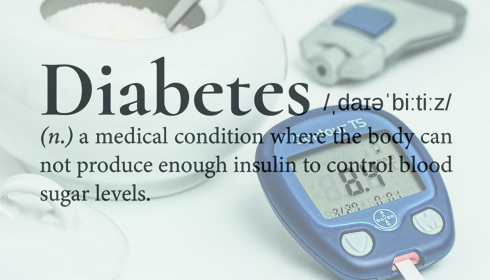
WHO Calls Action as Global Diabetes Cases Surge to 800 Million
In an alarming findings, a recent study published in The Lancet found that diabetes cases are skyrocketing over the world, with over 800 million individuals suffering from the condition, a fourfold rise since 1990.
The analysis, done by the NCD Risk Factor Collaboration (NCD-RisC) with support from the World Health Organisation (WHO), highlights the urgent need for worldwide measures.
According to the report, the global prevalence of diabetes in adults has doubled, from 7% in 1990 to 14% in 2022. Low- and middle-income countries (LMICs) are witnessing the most rapid growth, with their health systems trying to keep up.
Currently, over 450 million adults—59% of all people with diabetes—are untreated, representing a 3.5-fold increase in untreated cases since 1990.
The results show severe disparities, particularly in the WHO South-East Asia, Eastern Mediterranean, and African Regions, where fewer than four out of every ten persons with diabetes have access to glucose-lowering drugs, where the frequency is approaching 20%, indicating major inadequacies in healthcare infrastructure.
Emphasising the importance of action, WHO Director-General, Dr. Tedros Adhanom Ghebreyesus, said recently, "We have seen an alarming rise in diabetes over the last three decades, which reflects an increase in obesity, exacerbated by the effects of adverse food marketing, a lack of physical activity, and economic difficulties.”
He pointed out that countries must move quickly by establishing policies that promote healthy diets, physical activity, and strong health systems.
WHO's goal of ensuring that 80% of individuals with diagnosed diabetes have good glycaemic control by 2030 could significantly minimise consequences, including heart disease and renal failure, if worldwide efforts are well coordinated. Improved prevention methods have the potential to slow the increase in new cases, particularly in low- and middle-income countries.
Conversely, inaction could have disastrous consequences. By 2050, we expect the number of untreated diabetes cases to double, significantly straining global healthcare systems. LMICs would have the most severe impacts, with economic costs spiraling and mortality rates skyrocketing.
The World Health Organisation said that it is launching a new global diabetes monitoring system to better track prevention, treatment, and outcomes. Countries receive actionable suggestions for targeted initiatives after reviewing important variables such as glycemic control and the availability of vital medicines.
The WHO's Global Diabetes Compact, launched in 2021, aims to minimise the diabetes burden through comprehensive prevention and equitable care. The World Health Assembly's resolution and the 2030 global coverage targets set by this program are already influencing policy changes.
Looking ahead, the 2025 High-Level Meeting of the United Nations General Assembly on Noncommunicable Diseases is expected to be a watershed moment.
While llLeaders are planning to address root causes and increase access to diabetes care by harmonising global plans to fulfil the 2030 and 2050 targets, the study's findings highlight the urgent need for collaborative efforts to combat the diabetes epidemic.
The UN Health Agency points out that nations can avoid global health disasters by prioritising preventive measures, reducing treatment gaps, and developing resilient healthcare systems.